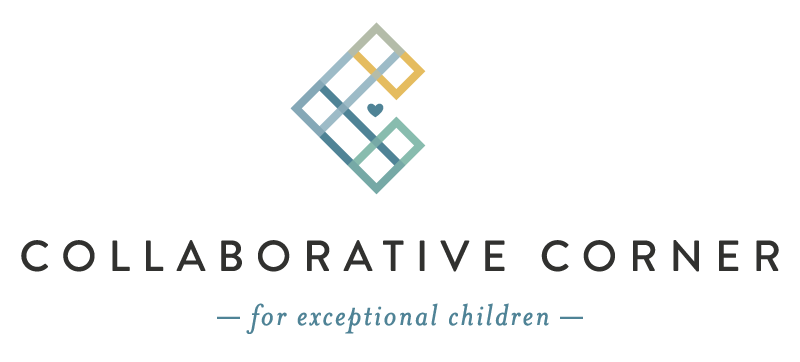How Can ADHD Affect My Child?
According to the CDC, at least 6.1 million children have been diagnosed with Attention-Deficit/Hyperactivity Disorder (ADHD). Of those, 12.9% are boys, while 5.6% are girls. While most people in our society now accept this diagnosis as a legitimate medical condition, many people do not realize that its effects include so much more than simply having difficulty focusing or being “fidgety” or hyper. In fact, many children with ADHD also have comorbid conditions, including behavior problems, learning disorders, anxiety, depression, social/peer problems, sleep problems, and are at a higher risk for physical injuries.
For this reason, the American Academy of Pediatrics recommends that all children who receive a medical diagnosis of ADHD also be screened for other co-existing conditions.
There are three major types of ADHD including the following:
ADHD, combined type. This, the most common type of ADHD, is characterized by impulsive and hyperactive behaviors as well as inattention and distractibility.
ADHD, impulsive/hyperactive type
ADHD, inattentive and distractible type
As a mom of two boys with a medical diagnosis of Combined-Type ADHD, I have seen firsthand that it truly touches every area of their lives. If you suspect that your child could possibly have this condition, here are some signs to watch for:
Difficulty with organization (at school and/or at home)
Difficulty regulating emotions
Difficulty remaining seated when sitting still is expected
Difficulty waiting (in lines or when delayed gratification is required)
Seemingly endless energy
Difficulty beginning activities
Difficulty completing activities (particularly within a designated time)
Difficulty maintaining positive peer relationships (this may include difficulty with sharing, turn taking, or a need to control others when playing)
Poor self-esteem/self-confidence
Difficulty falling asleep/staying asleep or restless sleep (including tossing and turning, sleep walking and talking in their sleep)
Frequent opposition/defiance (can be a sign of Oppositional Defiance Disorder, or ODD, a commonly co-existing condition)
Difficulty retaining information
Learning problems in school (including, but not limited to: dyslexia, dysgraphia, and dyscalcula)
Prone to accidents/injuries; “clumsiness”
Frequent anxiety (particularly about things that cannot be controlled)
Depression (this can take many forms, including social isolation/withdrawal, frequent/persistent sadness, excessive sleeping, lack of interest in fun activities, and negative self perceptions)
Sensory concerns (while this can also be a sign of other conditions, many children with ADHD require above-average sensory input, and may seek it through jumping, running, bouncing, kicking, swinging or even falling to the ground/running into objects)
Maintaining good communication with your child’s teachers/caregivers is vital to monitoring your child’s overall success.
If you have any concerns about these areas, please reach out to our team! We are working with a psychologist who can assess your child in our clinic in Oakland, Florida. If you are not located near us, we can help connect you with providers in your area. Having formal testing completed can provide you with thorough, detailed information on how your child is currently functioning and the best way to support their individual learning style!
Info@collaborativecorner.org
